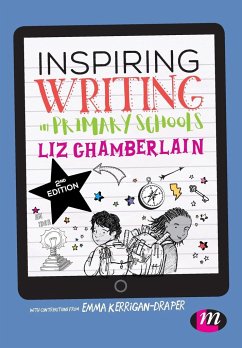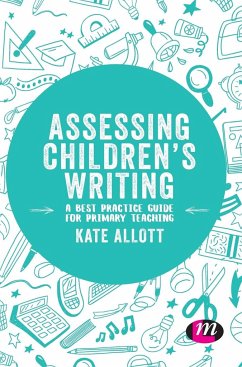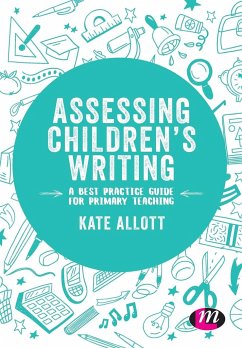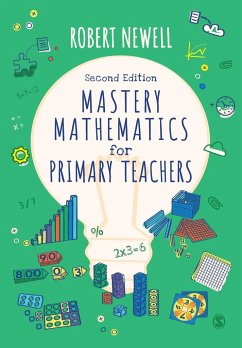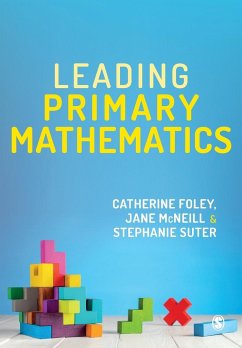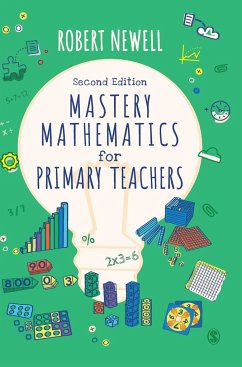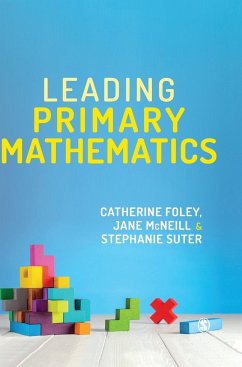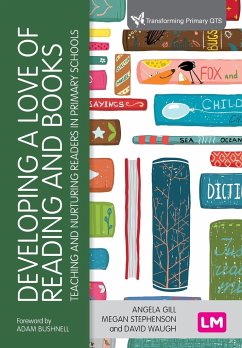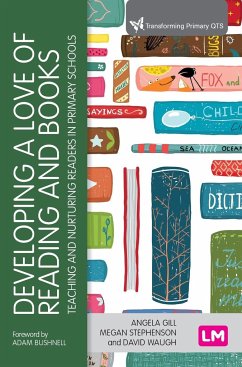
Inspiring Writing in Primary Schools
Versandkostenfrei!
Versandfertig in 6-10 Tagen
89,99 €
inkl. MwSt.
Weitere Ausgaben:

PAYBACK Punkte
45 °P sammeln!
The second edition of this popular book includes a new 'charting your progress' feature for more focused coverage of assessment and more examples of writing for a digital audience. This practical text provides trainee teachers exemplar lessons that encourage purposeful writing across the curriculum alongside a detailed exploration of what makes them good, and the theory behind them. It encourages trainees to consider the teaching of writing critically and to envisage how they can shape lessons for their own teaching. In starting with teaching then exploring theory, the text mirrors how many tr...
The second edition of this popular book includes a new 'charting your progress' feature for more focused coverage of assessment and more examples of writing for a digital audience. This practical text provides trainee teachers exemplar lessons that encourage purposeful writing across the curriculum alongside a detailed exploration of what makes them good, and the theory behind them. It encourages trainees to consider the teaching of writing critically and to envisage how they can shape lessons for their own teaching. In starting with teaching then exploring theory, the text mirrors how many trainees will learn.





